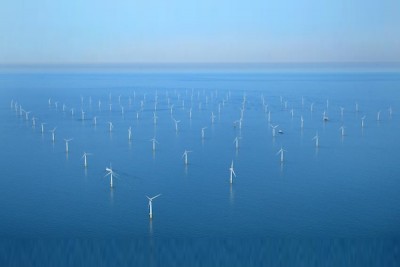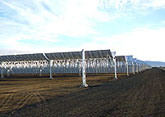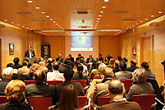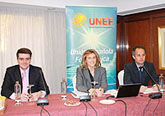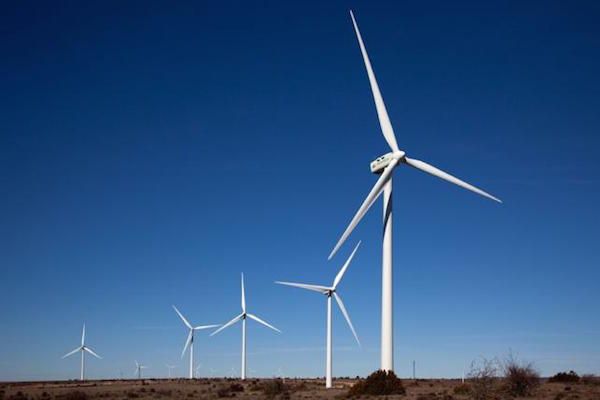Nuclear changed by renewables. That seems to be the message that prevails in the energy planning of the European Union. According to a report by Timetric, Construction Intelligence Center (CIC), nuclear power is about to lose its leadership position in energy generation projects in Europe, due to an increasing demand for investment in renewable technology.
This change is driven by the attempt of the different European governments to reconcile the EU target to generate at least one-fifth of their energy consumption from renewable sources by 2020, although following the requirements of each economy for these clean technologies.
The goal achieved collectively by the member countries of the European Union is that in 2020 20% of energy consumption must come from renewable sources, a decision that has prompted the development of renewable energy plants at the expense of fossil fuels. Although some countries are lagging behind in achieving their goals for the year 2020, it is expected that investment in renewable energy will allow them to meet these goals in the next five years.
In wind power, Germany and UK leading
In terms of renewable energy generation, wind power projects in Europe account for investment of nearly 300,000 million dollars (274,000 million euro), and are being developed in 13 of the 16 countries included in this report.
UK has the portfolio of projects with highest value in this sector, with 182,000 million dollars (166,000 million euro), due to its large investment in offshore wind farms. Although Germany is second, with investments of 37,900 million dollars (34,650 million euro), its most expensive project is worth $ 2.7 million (a little over 2.4 million euro) compared with the most important project in the UK, the Crown Round III offshore wind farm under development, with an investment of $37,500 million (just over 34,000 million euro).
Hydroelectric, number two
Hydropower is second behind wind, with an investment of 42,900 million dollars (39,000 million euro). Switzerland has the project portfolio of most value in this sector, a total of 12,200 million dollars (11,100 million euro).
This technology already provides 58% of power generation in Switzerland, and Turkey, despite being a State outside the EU, is on the heels of Switzerland with a close second through investment of 11,700 million dollars (10,700 million euro). The country is also committed to develop 30% of its total installed capacity from renewable sources by 2023.
According to Neil Martin, manager at Timetric: «Nuclear energy should decrease given the opt-out (terminate its use) given by Germany, while renewable energy will increase as countries must maintain a supply comparable to power demand since the EU maintains its strategy of having 20% of its energy consumption from renewable sources by 2020, and to achieve this it will make an economic effort. Europe will ultimately determine the expansion of demand for energy consumption and generation and will impact the performance of each country in meeting the objectives set by the EU. «
The Timetric report is based on the ‘Insight Project: Power Generation Construction Projects in Europe’, where an extensive database of CIC Timetric projects is available that provides details on over 70,000 projects worldwide.
Carlos Sánchez Criado
Publicista por la Universidad Complutense. Director comercial de publicaciones técnicas del sector de la energía durante doce años. Director de Energy News Events, S.L. desde 2012 difundiendo información en Energynews.es, movilidadelectrica.com e hidrogeno-verde.es. Y por supuesto, organizando eventos como VEM, la Feria del Vehículo Eléctrico de Madrid.





